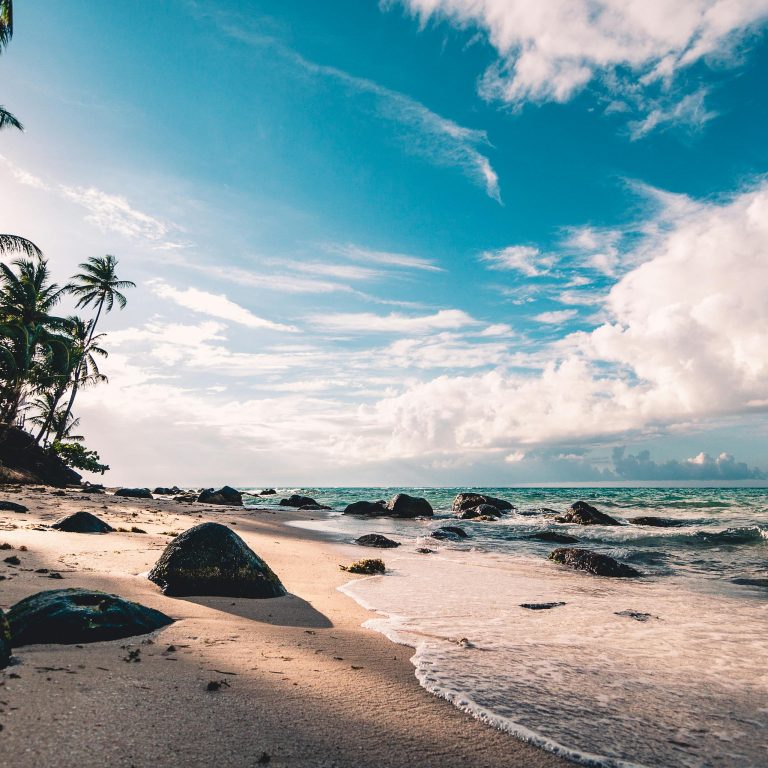Nicaragua Boosts Tourism Investment Through Tax Incentives

Nicaragua has exceptional tourism potential with its beaches, colonial cities, culture, cuisine, folklore, historical sites, natural reserves, and diverse activities that appeal to foreign visitors, particularly from the United States, Europe, and neighboring Central American countries.
According to statistics published by the Central Bank of Nicaragua for 2023, tourism revenue reached USD 739.2 million, a 24.1% increase from 2022 (USD 595.7 million). The daily per capita spending by non-resident visitors was USD 43.3, up 5.6% from 2022 (USD 41.1), indicating that Nicaragua is an economically accessible destination for foreign tourists.
In 2023, the number of foreign tourists increased by 28.9%, equivalent to 269.6 thousand more than in 2022 (932.7 thousand). This growth is significant for potential business opportunities in the country, aiming to develop the sector to levels where investment is profitable and stable for foreign economic actors.
Recognizing the growth in tourism, the Government of Nicaragua has published an updated regulatory framework to encourage tourism investment. This framework includes two laws: Law No. 1210, the General Tourism Law, and Law No. 1211, the Tourism Development Incentives Law. The regulations primarily govern the tourism sector, defining the registration process in Nicaragua as a “Tourism Service Provider” with the Nicaraguan Institute of Tourism (INTUR), and establishing rights and obligations for both tourists and economic agents looking to invest.
The new Tourism Incentives Law repeals Law No. 306 from 1999. One of the key advancements introduced by Law No. 1211 is the simplification and consolidation of tax benefits for the tourism sector. Unlike the previous law, which specified benefits by sector (such as hotels, restaurants, and entertainment), the new regulations group and apply incentives generally to all beneficiary sectors, making them easier to access and manage.
The established regulations for tax incentives or benefits for Tourism Service Providers whose investments include:
- Hotels, lodging centers, and restaurants;
- Recreational centers, amusement parks, and zoos;
- Theaters, museums, and art galleries;
- Trade fair centers and craft centers, subject to registration with INTUR.
The following tax incentives, subject to INTUR approval, were determined:
- Exemption from Income Tax on economic activities for 10 years from the start of commercial operations;
- Exemption from Value Added Tax (VAT) on local purchases of goods and services;
- Exemption from VAT, Customs Duties on Imports (DAI), and Selective Consumption Tax (ISC) on imported construction materials, furniture, equipment, fixed accessories, and other furnishings during the investment phase, from inception to completion of new infrastructure works, for both local purchases and imports;
- Exemption from Property Tax (IBI) for 10 years.
Investors registering as Tourism Service Providers can access these incentives with investments that include the value of all movable and immovable assets, tangible and intangible, with a minimum of three hundred thousand dollars (USD 300,000) or its equivalent in local currency (Córdoba), and for small and medium-sized enterprises (SMEs) in tourism, a minimum of fifty thousand dollars (USD 50,000) or its equivalent in córdobas.
This represents progress for boosting SMEs in the tourism sector, as the repealed 1999 law set a minimum investment requirement of 40% of the minimum investment amount for large tourism companies. For instance, large lodgings required a minimum investment of USD 500,000 in urban Managua and USD 150,000 elsewhere in the country.
Under the previous Law No. 306, SMEs in the lodging sector were required to invest 40% of these amounts, totaling USD 200,000 and USD 60,000, respectively. With the new Law No. 1211, the minimum investment requirement for SMEs has been reduced to a fixed amount of USD 50,000, expanding investment opportunities for smaller businesses.
Tourism projects applying for the aforementioned tax benefits must be approved by the Tourism Incentives Committee, which includes INTUR, the Tax Administration, Customs Service, and the Public Treasury.
With the implementation of this law, we are confident that investments in the country’s tourism sector will be regulated to provide legal security with rules and incentives that promote the growth of the tourism offering in Nicaragua.
 Jonathan Deshon
Jonathan Deshon
jonathan.deshon@garciabodan.com
Associate
García & Bodán
Nicaragua

